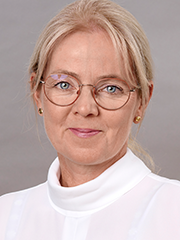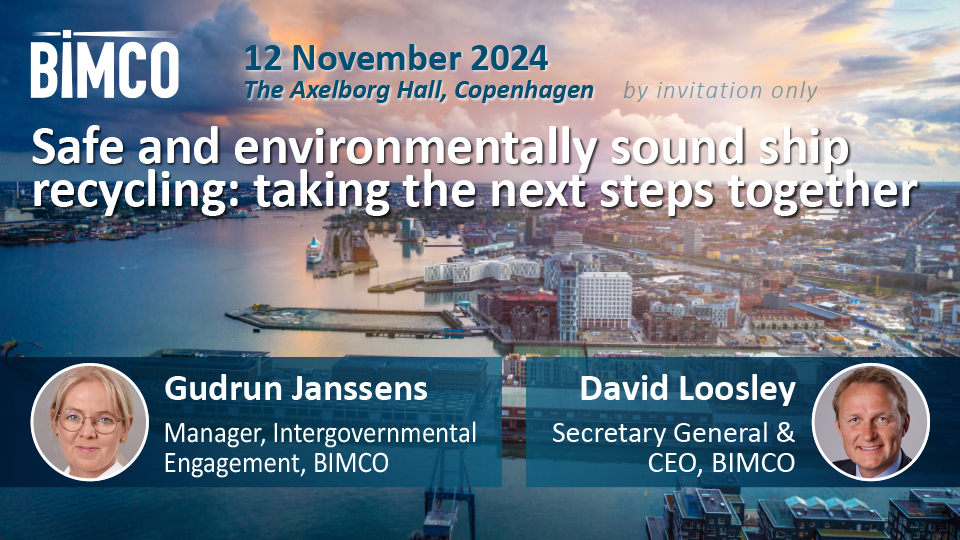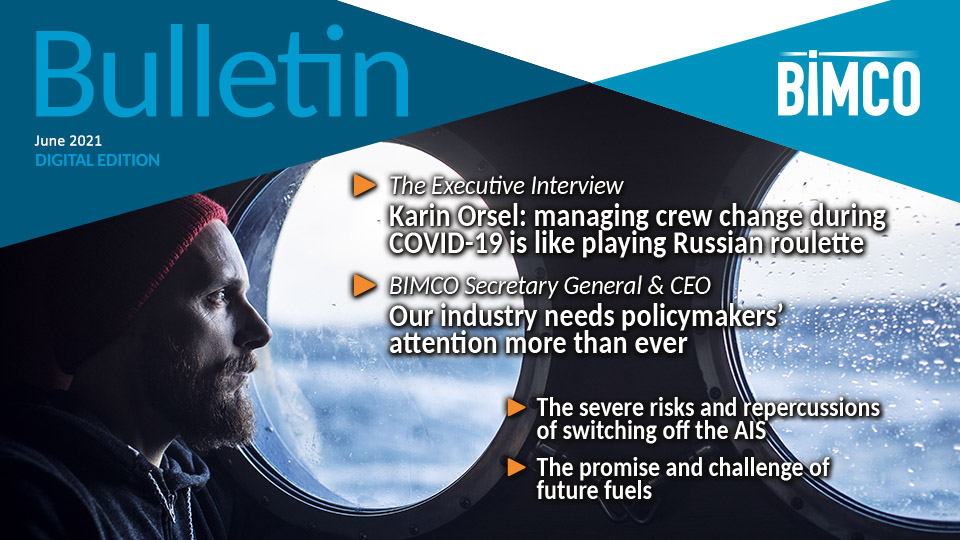BIMCO position statement 07: Ship Recycling
Overview
BIMCO's position has been approved by the BIMCO Board of Directors.
Background
Ship recycling is the most environmentally sound way to dispose of ships at the end of their commercial lives and contributes to the circular economy through the supply of scrap steel to the steel producing industries, thereby reducing both the need for raw materials such as iron ore and the overall CO2 emissions from the production of new steel.
The Hong Kong International Convention for the Safe and Environmentally Sound Recycling of Ships (the HKC) will enter into force on 26 June 2025.
In the transitional period shipowners are urged to use HKC compliant facilities. This will encourage more recycling facilities to become HKC compliant and support the business case for compliant ship-recycling yards before the HKC has entered into force.
Regulation (EU) No. 1257/2013 on ship recycling (the EUSRR) was adopted in 2013 and needed to be reviewed by EU Commission services by 26 December 2023, not later than 18 months prior to 26 June 2025. In addition, due to the latest changes to the EU Waste Shipment Regulation (EU WSR) , the export of end-of life ships will be prohibited to any non-OECD States, regardless the flags or the facilities being EU listed or not. These changes follow the entry into force of the Basel ban amendment and the implementation of it into EU law. Two sister ships will have different compliant recycling possibilities depending on whether they are in or outside EU waters and when outside EU waters, whether they call States that are a Party to the Basel Convention (and possibly Basel ban amendment) or not.
In July 2023, the EU Commission published its 11th version of the EU list. It contains 48 ship recycling facilities, none of which are located in any of the three major recycling States.
Further, the Convention on the Control of Transboundary Movements of Hazardous Wastes and their Disposal (Basel Convention) entered into force in 1992. It is applicable to EU member states through the EU Waste Regulation (Regulation (EC) No. 1013/2006). The Ban Amendment to the Basel Convention (Basel Ban) prohibits all transboundary movement of hazardous waste (including end-of-life ships), which is intended for final disposal and/or recycling, from member countries of the Organisation for Economic Co-operation and Development (OECD) to developing countries. It entered into force in 2019.
For the Basel Convention and the HKC to co-exist, there is an urgent need for the parties to the Basel convention and the parties to the IMO to consider how to best ensure that possible legal uncertainties can be clarified prior to the entry into force of the HKC. BIMCO will engage with intergovernmental organisations, such as the IMO, the United Nations Environment Programme, the Basel Secretariat and EU institutions to highlight the importance of legal clarity. To address the issue, BIMCO will work to put the matter on the agenda of IMO MEPC as well as the Basel Conference of the Parties (COP), which is set to take place mid-2025, just a few weeks before the entry into force of the HKC.
Shipowners are responsible for updating their ships’ IHMs based on suppliers’ documentation in the form of mandatory Material Declarations. As most materials received onboard ships are
produced and delivered outside Europe, the development and correct maintenance of the EU - IHM present a challenging requirement for shipowners.
BIMCO’s Position
- BIMCO will work to advocate that the HKC applies an equivalent level of control over ships going for recycling as the Basel Convention.
- BIMCO believes that the HKC should prevail in any international law conflict between the HKC and the Basel Convention, and the HKC should henceforth be recognised as the authoritative framework for ship recycling.
- BIMCO supports amending the HKC and its associated IMO guidelines to ensure that they stay up to date with best practices and technological developments.
- BIMCO believes that any update of the HKC should take into consideration the EU SRR and other best practices, while acknowledging that accurate monitoring can only take place at the global level thereby ensuring a level playing field.
- BIMCO will advocate the important role that ship recycling plays in the circular economy.
- BIMCO strongly recommends the use of BIMCO’s standard contract for the sale of ships for green recycling, RECYCLECON, during the transitional period before the HKC enters into force, by which time an updated version of RECYCLECON is expected to be available.
- BIMCO is of the opinion that while the content of the Material Declarations must be improved to enable shipowners to properly maintain the IHM, this cannot be achieved through regional legislation.
Feedback or a question about this information?
VPS Bunker Alerts
Veritas Petroleum Services (VPS) publish regular Bunker Alerts based entirely on fuel samples and have kindly permitted BIMCO’s Members to access this information.
The Bunker Alerts are not intended to be an evaluation of overall bunker quality in the port or area concerned, but usually highlight a specific parameter within the fuel which has raised a quality issue.
Want to stay up-to-date?
Register for updates about
{{Title}}
Receive emails when this topic is updated – you can choose how often.
Register NowELSEWHERE ON BIMCO
Chartering help & advice
This section contains a comprehensive source of information and guidance on chartering related matters. You will find invaluable information on many aspects of chartering distilled from our many years’ experience on advising members.
Learn about your cargo
For general guidance and information on cargo-related queries.
BIMCO Publications
Want to buy or download a BIMCO publication? Use the link to get access to the ballast water management guide, the ship master’s security manual and many other publications.





